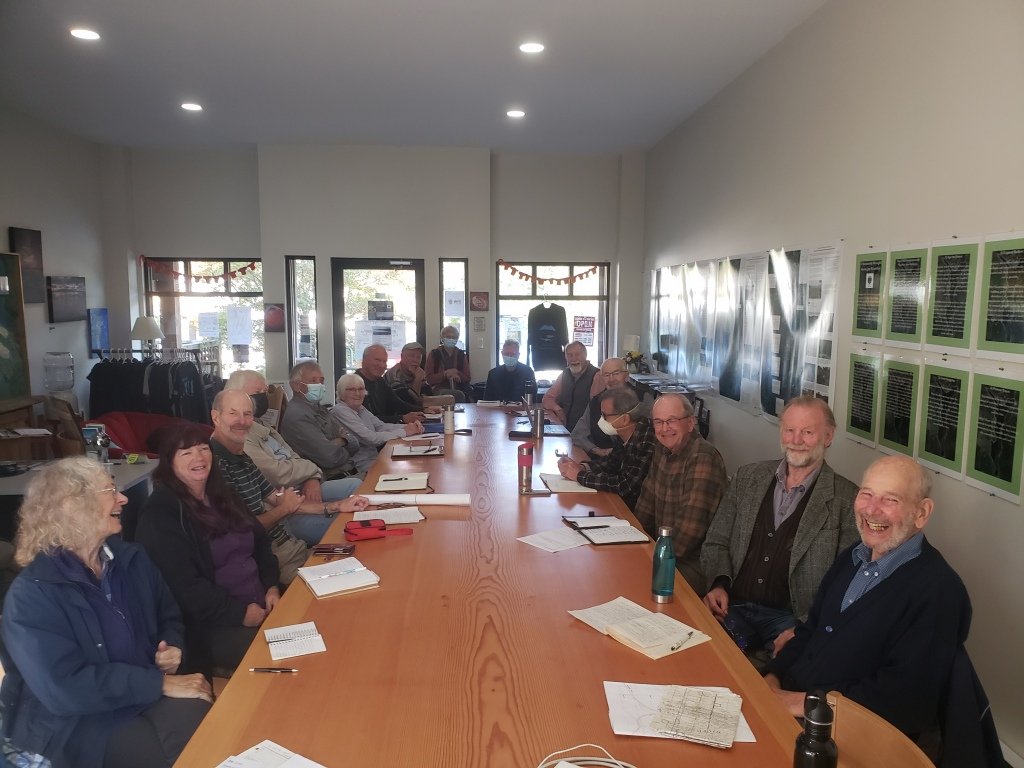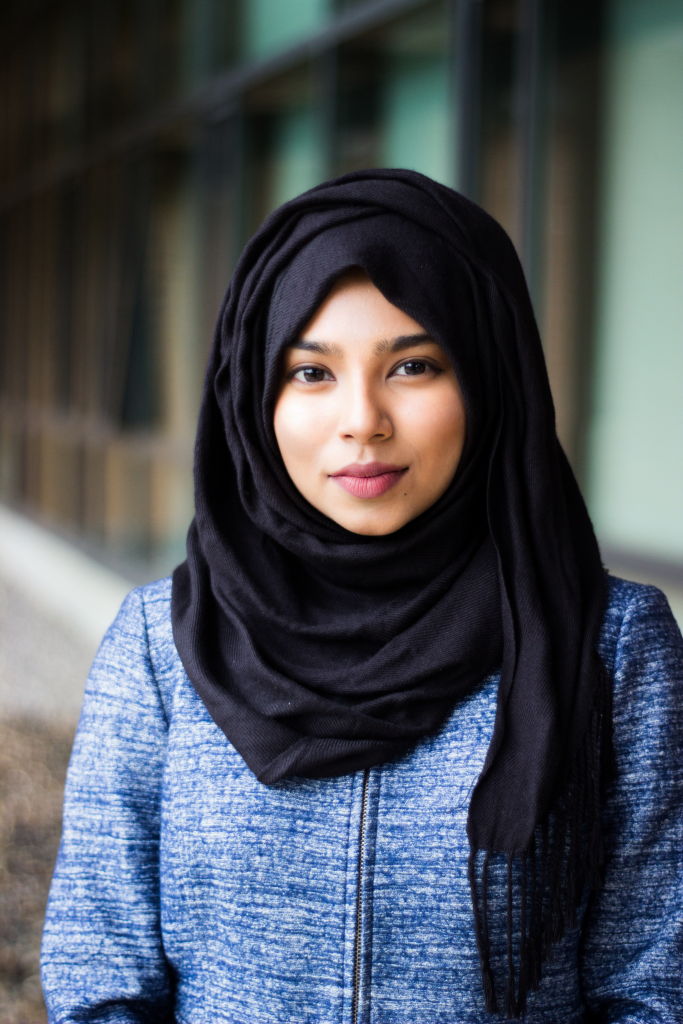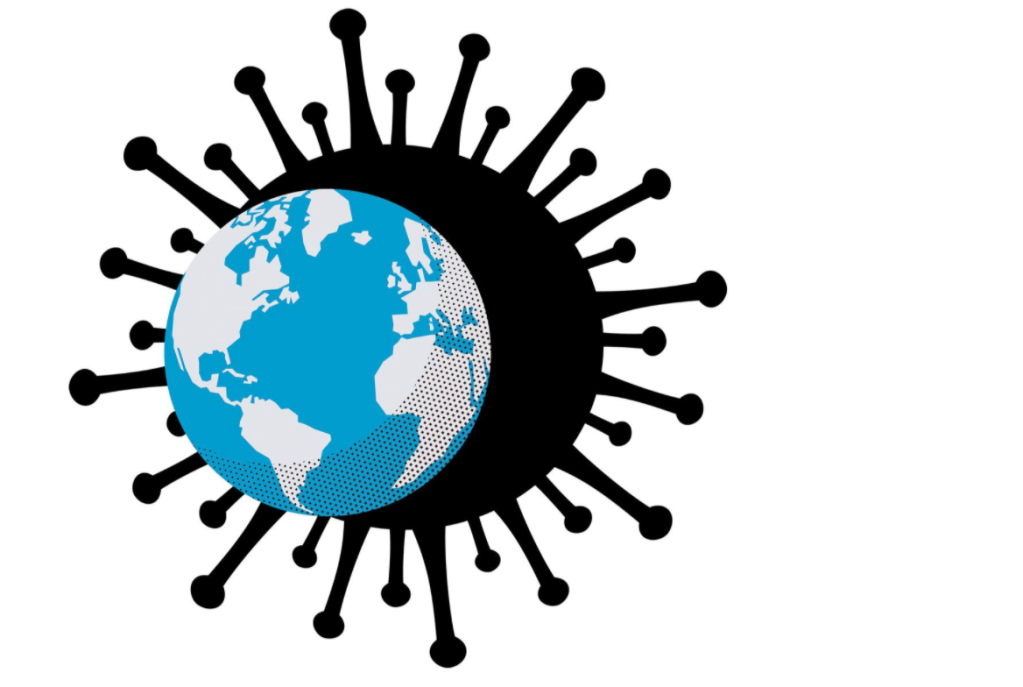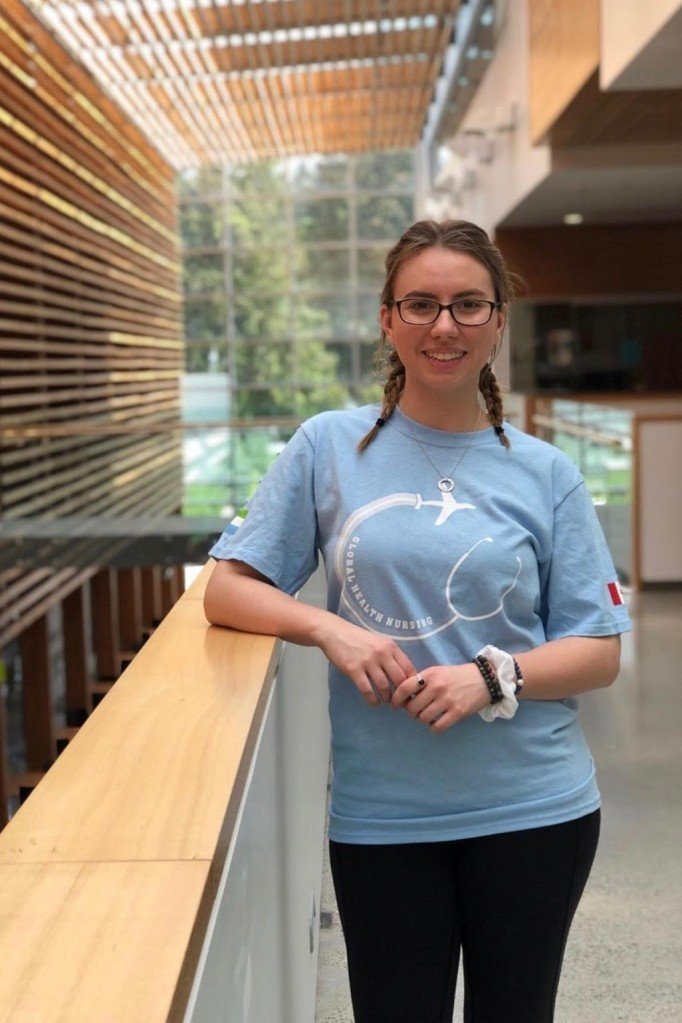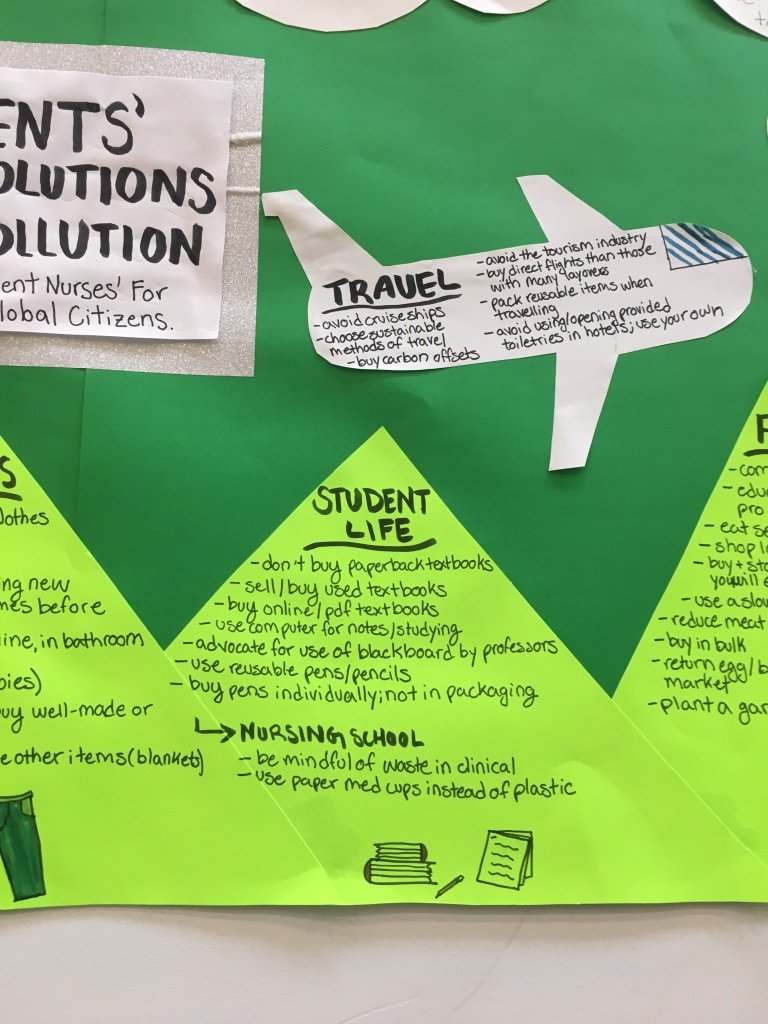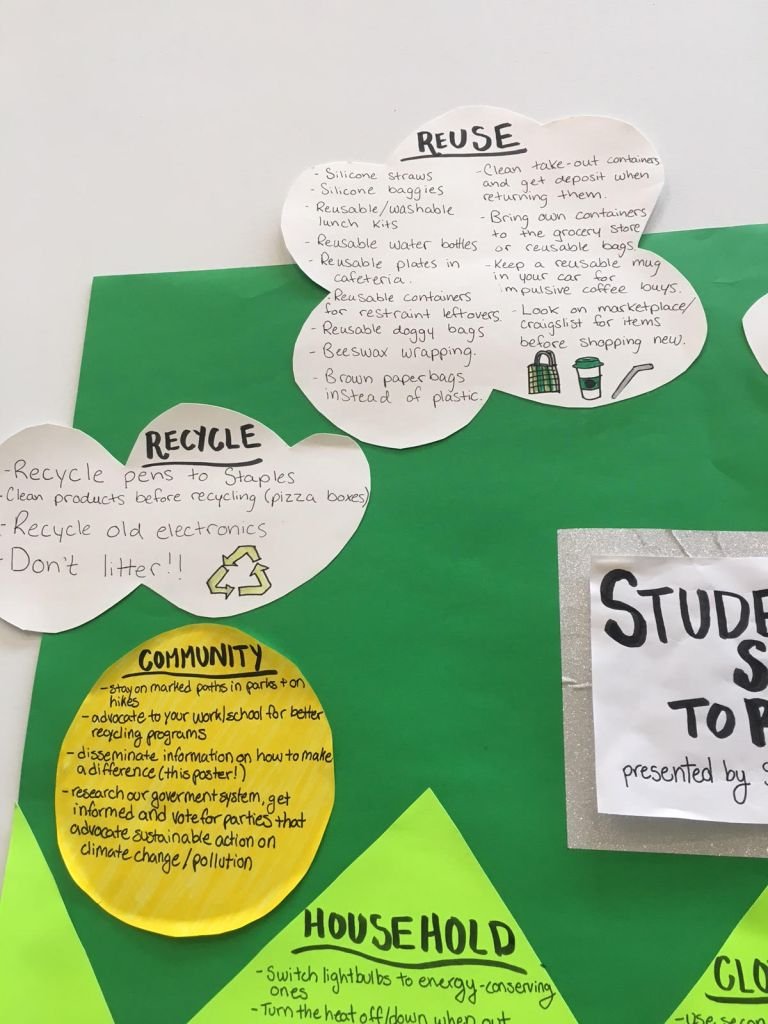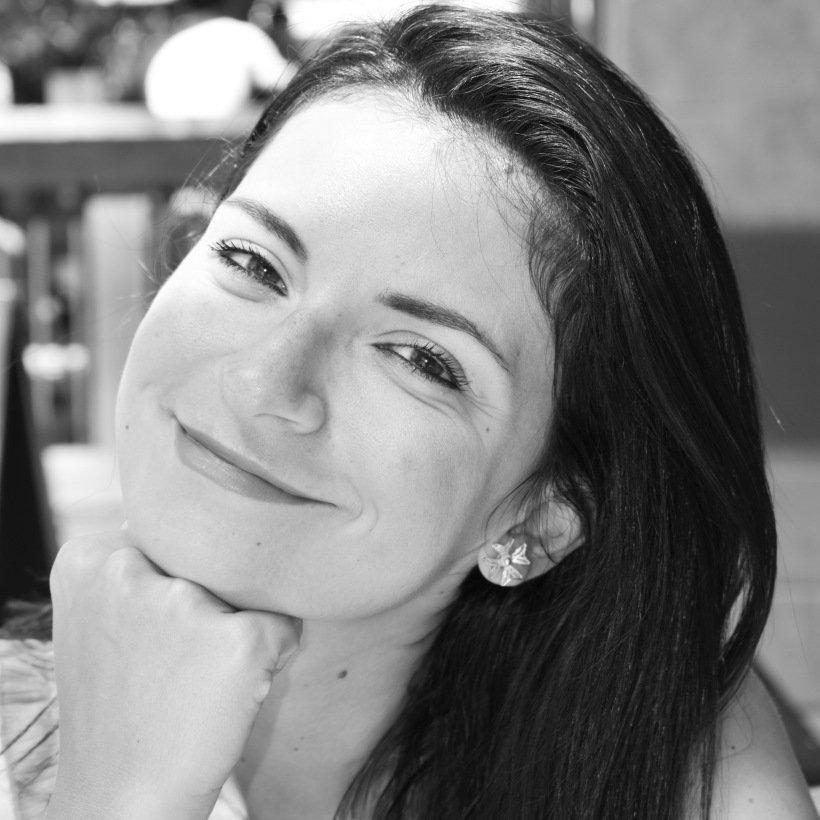By Raluca Radu
Planetary health is an attitude towards life and a philosophy for living.
Horton et al., 2014, p. 847
As the largest body of healthcare workers worldwide, nurses have been traditionally known to provide care for patients within a myriad of settings, whether they are hospitals, community health clinics, long-term facilities, to name a few. However, it did not occur to me how essential nurses’ presence is within the realm of planetary health until I had the opportunity to attend the BC Coalition Institute-2 (BCCI-2) at the University of Victoria this past August. Although I spent the last few months of my graduate degree at the University of BC looking at how climate change impacts human health and where nursing practice fits within this spectrum, it was only when I physically interacted with the topic of planetary health and listened to presentations delivered at this institute that more connections were being made for me as a registered nurse. These ‘connections’ tie into what our moral obligation as a caregiving profession is towards the public and equally important towards our environment.
In preparation to attend the BCCI-2 I wanted to equip myself with knowledge regarding what the concept of planetary health entailed. I looked no further than to the report of the Rockefeller Foundation-Lancet Commission on Planetary Health launched in 2015 to gain a better understanding of this intricate concept. The authors assert that “planetary health is based on the understanding that human health and human civilization depend on flourishing natural systems” (Whitmee et al., 2015, p. 1974). This statement was evident throughout the entire institute whereby everything was centered around the symbiotic interconnectedness between our planet and human health. As I read through the report and grew furthermore fascinated by the lens with which the environment and health were being looked at, I was and continue to remain determined to act upon the authors’ call to health professionals who they strongly affirm “have an essential role in the achievement of planetary health: [by] working across sectors to integrate policies that advance health and environmental sustainability, tackling health inequities, reducing the environmental impacts of health systems, and increasing the resilience of health systems and populations to environmental change” (Whitmee et al., 2015, p.1974).
With this in mind, I realized that there is no better time than now for all healthcare professionals to enact principles of planetary health into all levels of practice. I think it is essential that the delivery of care is made through a sustainable lens while accounting for how environmental changes and natural events directly impact the livelihood of individuals. If we are to meet the 2030 Sustainable Development Goals then we as healthcare professionals need to place aside our differences and act in unity with the common goal of ensuring the continuation of our species and the ecological preservation of our planet. Though we may face several challenges ahead that are out of our control such as increasing natural disasters, we must learn to integrate elements such as climate adaptation and mitigation into our practice and more so in educational settings, with the overall goal of building resilience in our communities to better cope when adversities occur.
This institute instilled in me a level of inspiration and motivation I had not felt in a while. I am truthfully forever grateful for being given the chance to meet a community of like-minded individuals who have a tremendous passion for planetary health and who through their work gear much of their energy toward raising awareness about the environment and its link to human health.
On my way back to the mainland, as I stood on the platform of the ferry while it serenely made its way through the Gulf Islands, I took a deep breath and absorbed the beauty that surrounded me with an entirely renewed set of senses. I thought about how many advancements we made in science, technology, and other fields, oftentimes at the expense of our planet. I thought about the injustice that happens all around the world particularly in low- and middle-income countries where the effects of a changing climate are having proportionate impacts on the health of millions of people – increasing conflict, displacement, scarce resources, fight for survival, and the cost of all things living. I also thought about how much more we could be doing to ensure this one and only Earth’s conservation.
I left the BCCI-2 pondering on a few questions that even today continue to guide me as I pursue my scholarly research: How did we get here and why do we keep letting it get worse? How do we shift our values to live equitably in harmony with each other and in good health on this small planet we call home? These questions keep me grounded in my work and serve as motivators for why I am pursuing research on climate change, human health, and nursing. They serve as reminders that this work is instrumental in helping shape actions that I personally hope are adopted with more urgency as we have no time left for inaction.
Raluca is a registered nurse from Vancouver, BC. Raluca has worked as an acute care nurse in surgical, medical, ambulatory, rural, and emergency areas in both public and private settings. She also enjoyed teaching LPN & BScN students within theory, laboratory, and clinical practice-based environments.
Raluca is currently pursuing a Master of Science in Nursing (MSN) at the University of British Columbia with a focus on integrating Climate Change topics into Nursing Education. Throughout her MSN program Raluca has held numerous roles with the UBC Graduate Students in Nursing Association such as Events Director (2017/18) and President (2018/19).
Various activities culminated her passion for Climate Change, such as attending the Canadian Association of Schools of Nursing National Forum on Vector-Borne Infectious Diseases in Ottawa and by being introduced to Planetary Health through participating at the BC Coalition Institute in Victoria (Aug, 2019). Recently, Raluca was appointed as Secretary of the Canadian Association of Nurses for the Environment and looks forward to collaborating with other nurses across the country on driving change at the national level. In addition, this past summer, Raluca became a member of the Nursing Now BC Steering Committee and is excited to participate in organizing activities that lead up to the Year of Nurse & Midwife (2020).
Raluca is excited to complete her MSN and looks forward to pursuing work in local and global health policy contexts. Raluca believes the only way forward is for nurses to come together in unity as their expertise is not only highly valued and trusted by the public, but also an imperative component of attaining the Sustainable Development Goals by 2030.
References:
Horton, R., Beaglehole, R., Bonita, R., Raeburn, J., McKee, M., Wall, S. (2014). From public to planetary health: A manifesto. The Lancet 383(9920), p. 847. doi: 10.1016/S0140-6736(14)60409-8
Whitmee, S., Haines, A., Beyrer, C., Boltz, F., Capon, A. G., Ferreira de Souza Dias, B., Ezeh, A., Frumkin, H., Gong, P., Head, P., Horton, R., Mace, G. M., Marten, R., Myers, S. S., Nishtar, S., Osofsky, S. A., Pattanayak, S. K., Pongsiri, M. J., Romanelli, C., Soucat, A., Vega, J., Yach, D. (2015). Safeguarding human health in the Anthropocene epoch: Report of the Rockefeller Foundation-Lancet Commission on planetary health . The Lancet 386, p.1973-2028. doi: doi.org/10.1016/S0140-6736(14)60409-8S0140-6736(15)60901-1

